Magnesium and its role in Pain
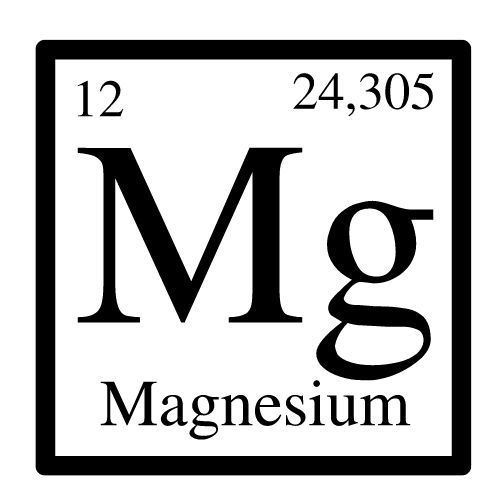
Magnesium and Pain
Today, we are dealing with an opioid epidemic that may be around for a long time. Patients and practitioners are constantly looking for options to treat pain that don't contain potentially addictive opioid medications. After reading this article, I hope you will see magnesium's benefits and why it should be considered one of those non-opioid options.
Magnesium is a mineral we get by consuming certain foods; however, the Food and Drug Administration estimates that up to 68% of the population is deficient in this crucial mineral. It is available in our diet by eating; almonds, cashews, peanuts, and peanut butter; soybeans; spinach; dried beans; potatoes; whole grains; and other foods. Getting magnesium in your diet can be challenging for many, and supplementation can be easily done without too much strain on your pocketbook.
Magnesium has many functions, including strengthening bones, maintaining nerve and muscle function, regulating heart rhythm and blood sugar levels, essential for optimal brain function, promoting learning and memory, and helping maintain joint cartilage. This mineral is a critical cofactor in over 300 enzymatic pathways in our bodies. When you consider 68% of us are deficient in this mineral, our bodies are not functioning optimally for many people.
Symptoms of low magnesium include fatigue, depression, muscle cramps, irregular heartbeat, high blood pressure, sleep disturbances, and asthma, to name a few.
The role of magnesium in pain management involves blocking the NMDA receptor. NMDA is an acronym that is not important, but what is important is that this receptor is one of several gateways for pain transmission. If we can affect the NMDA receptor, we can help stop pain. The NMDA receptor is also blocked by medications like ketamine, tramadol, and methadone, commonly prescribed for pain management.
As stated above, getting magnesium in your diet is a great option, but many patients need to eat the necessary foods to make that happen. Medications can also work against us. Diuretics or water pills pull fluid out of our bodies and are most commonly prescribed for patients with blood pressure, fluid retention, and cardiac issues. When diuretics pull fluid from our systems, they also pull out electrolytes and minerals, including magnesium. Some more common diuretics include furosemide, bumetanide, indapamide and hydrochlorothiazide.
Proton pump inhibitors, or PPIs, affect the absorption of magnesium. These include omeprazole, pantoprazole, and lansoprazole, which patients purchase with a prescription or over the counter. Suppose you are suffering from pain and taking one of these medications. In that case, it is critical to take a magnesium supplement to offset the depleted magnesium from your system.
Aside from pain, another reason for recommending magnesium is stress and sleep. Magnesium helps regulate cortisol levels and calms the nervous system. If you have difficulty sleeping or feel anxious or stressed, supplementing with magnesium can often be helpful in these situations.
As with any supplement, the quality and form of magnesium is critical. Choosing one can be confusing when presented with many options for the best form. Every form of magnesium is attached to a salt form, and these salt forms give each form its unique characteristics. Some of the most recognizable forms of magnesium are oxide, hydroxide, sulfate, chloride, citrate, glycinate, threonate, gluconate, and malate. In just that list, you have nine options with different characteristics.
They are all unique forms, but I focus on citrate, threonate, and glycinate. Citrate is a little harsh on the gut, meaning it can cause some loose stools depending on the dose, which can benefit a patient suffering from constipation.
Threonate is a form that penetrates the blood-brain barrier, eventually increasing concentrations of magnesium in the brain. Threonate uses include patients with head injuries, concussions, and migraine headaches. Studies show that using magnesium threonate vs. the citrate form improved short and long-term memory in subjects taking the threonate form.
The glycinate form is one of my favorites for several reasons. First, magnesium can cause loose stools and diarrhea, which is why it is in preparations like milk of magnesia; the glycinate salt form is gentler on your stomach than other salt forms. Secondly, absorption is a big deal, and taking a magnesium supplement that isn't well absorbed will do little for you. Glycinate is a highly absorbable form of magnesium.
Finding the correct form of magnesium may require a visit with a healthcare professional regarding a choice should make that decision a little easier. People who have kidney issues should consult a doctor before taking magnesium. Kidney problems can cause difficulties in excreting excess magnesium.
I like to refer to a concept in pain management called the NC10 Rule. It comes from a pain specialist Pradeep Chopra MD, who has a private practice in Connecticut. The concept looks at getting 10% pain relief from a pain-relieving modality. He refers to using multiple modalities to treat pain, giving the example of 5 different options yielding a 50% reduction in pain management. It is not uncommon for patients to want to hit a home run with a treatment option, yet if we use multiple modalities, we can often get a cumulative effect.
Magnesium is one dietary supplement option to treat pain effectively. Another way to attack chronic pain is by trying to reduce inflammation. Additional options include Curcumin, Omega 3 fatty acids or fish oil, and Selective Pro-Resolving Mediators. If you like the idea of combo supplements there is also a Omega 4 and PRM combined...Omega Complete. Each product addresses inflammation from a different angle and, once again, collectively can provide overall benefit.
The last supplement I will mention is Vitamin D3. Studies show that patients with a higher vitamin D status have better pain control and respond to treatment options better than those with low vitamin D levels. It is important to take Vitamin D but also to test it and work to achieve an optimal level to receive the benefits in pain management.
Please stop in or call the pharmacy if you would like further information on ways to help with choosing the right magnesium supplement for your needs. You can access this and other articles on our website at www.irsfeldpharmacy.com.
Until next time, be vigilant about your health!!
VISIT US
HOURS
HOURS
CONTACT US
Fax #: (701) 483-4926




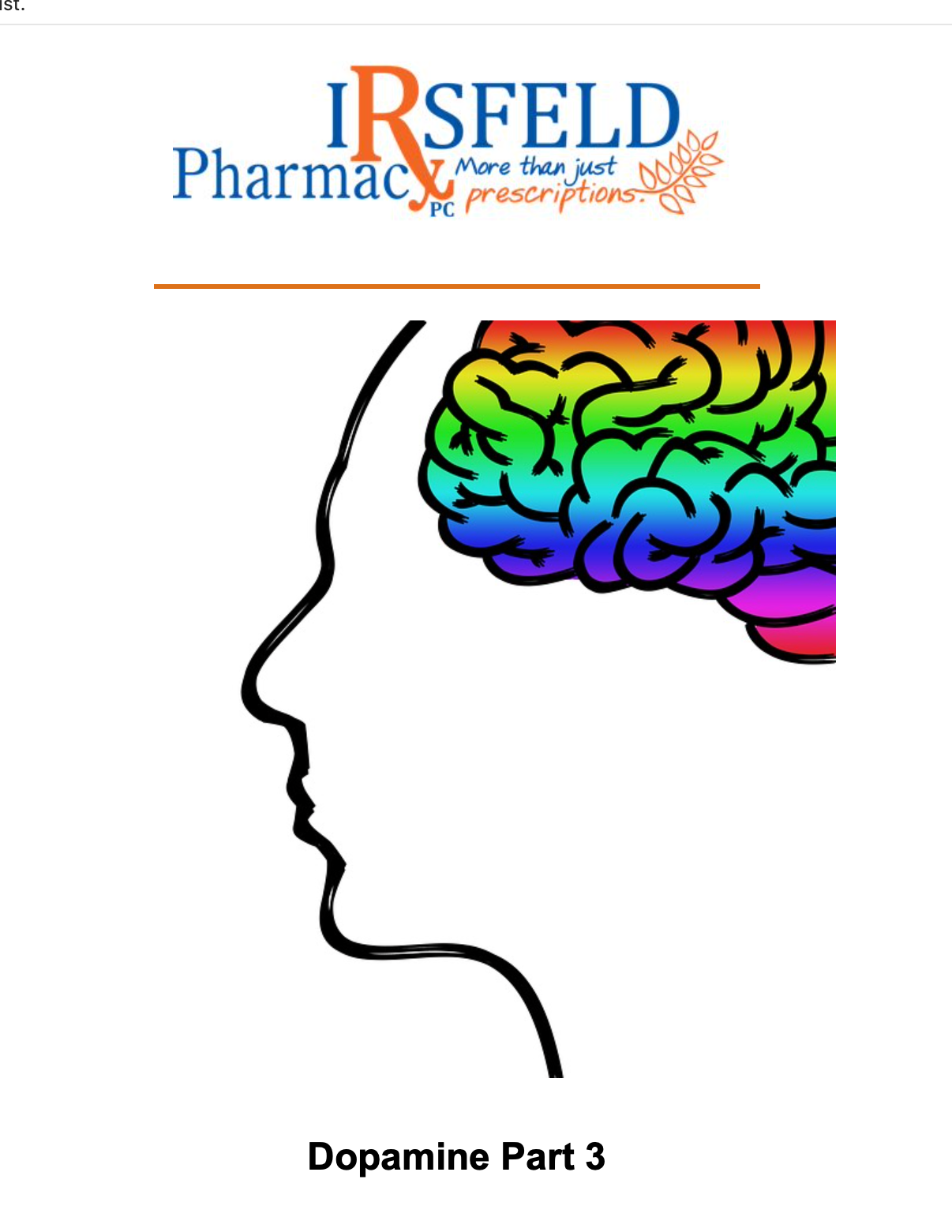

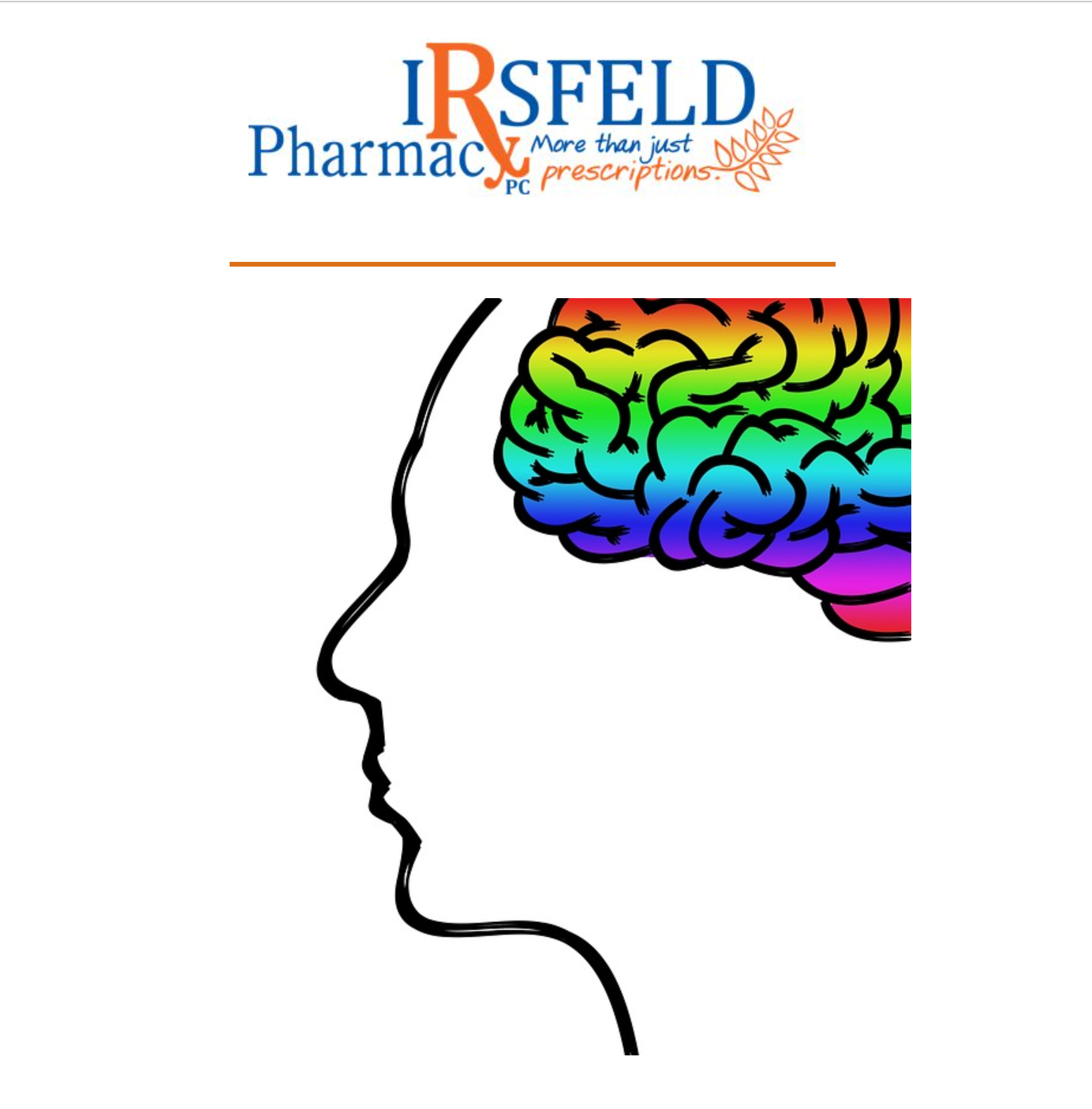



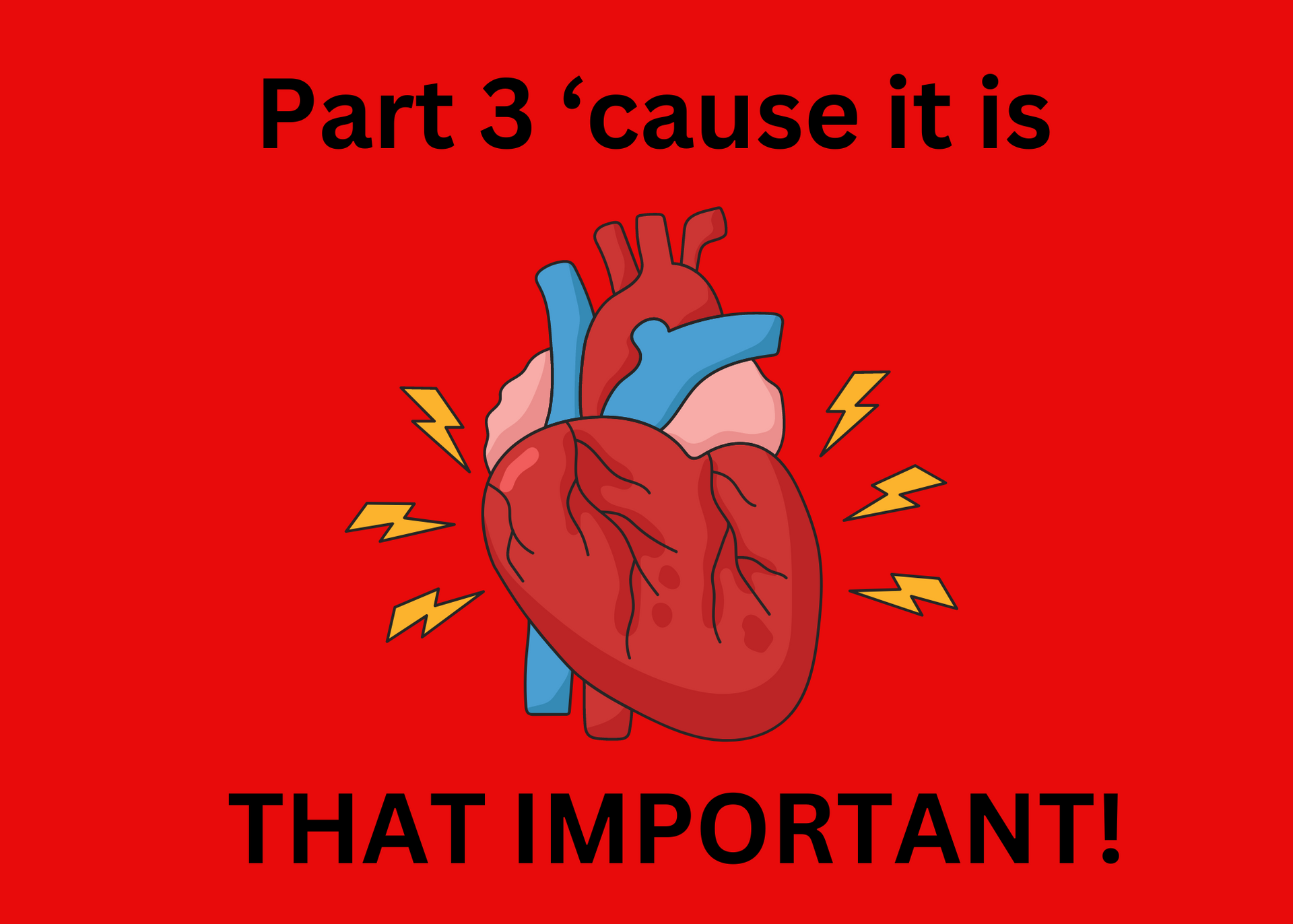
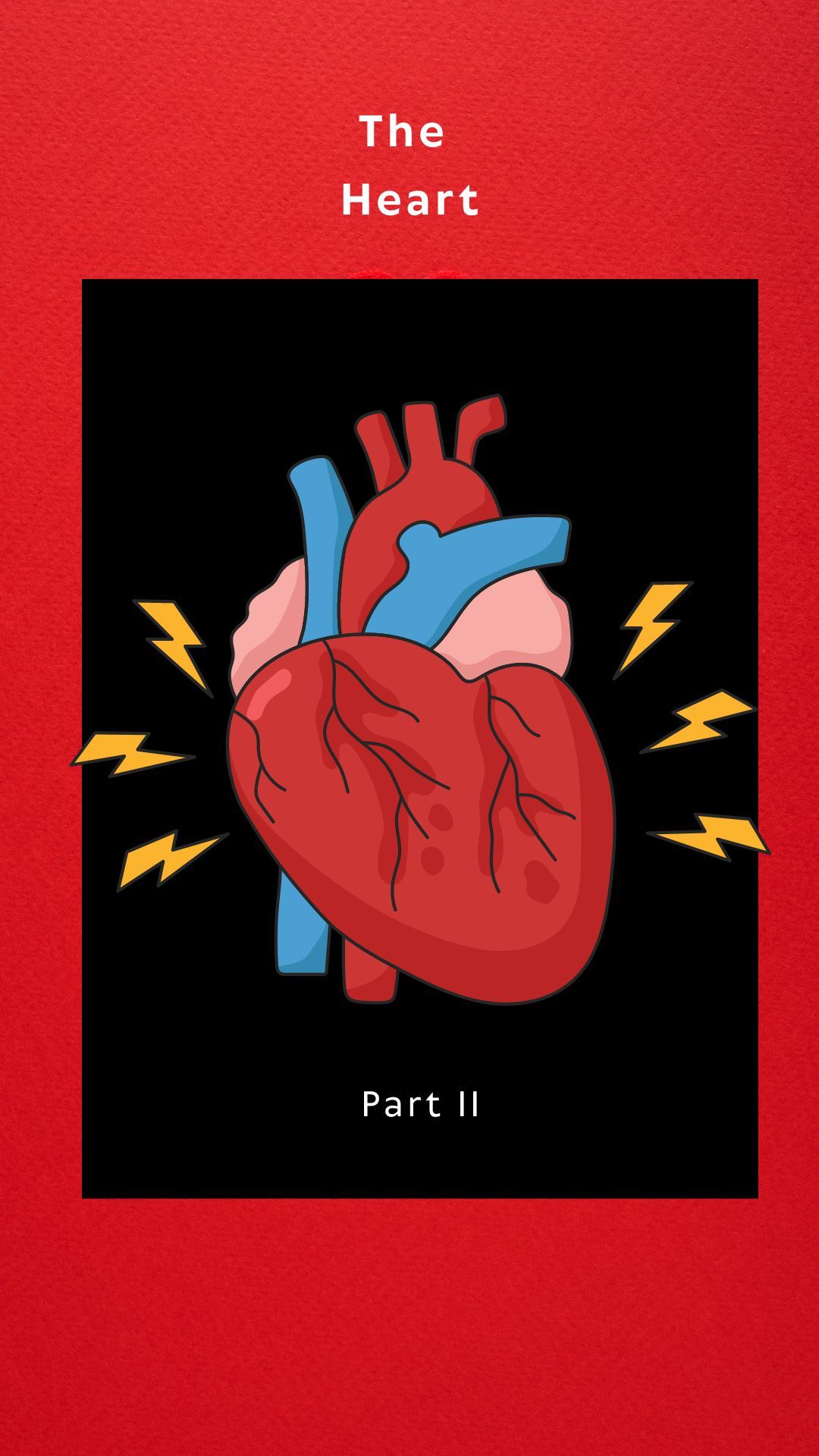
Share On: